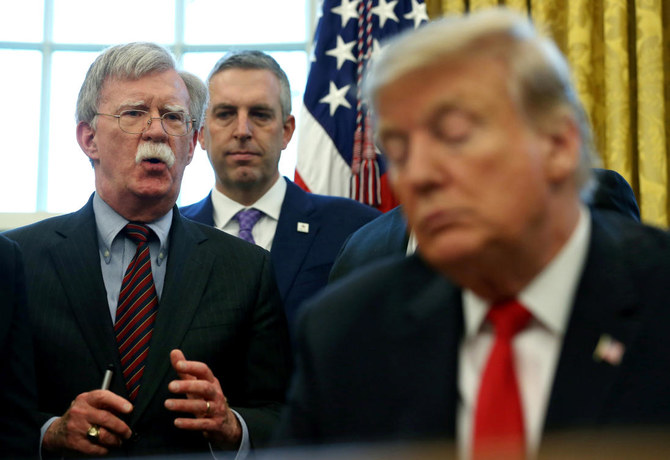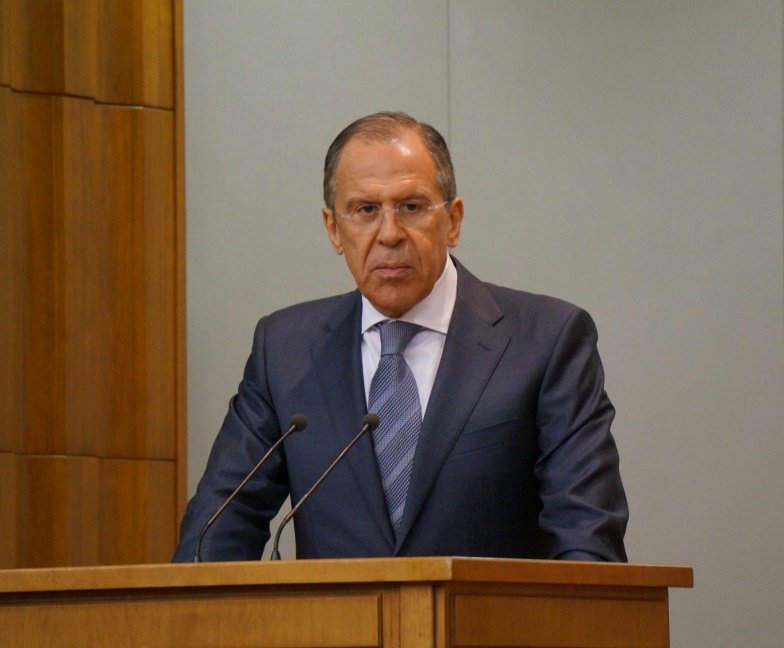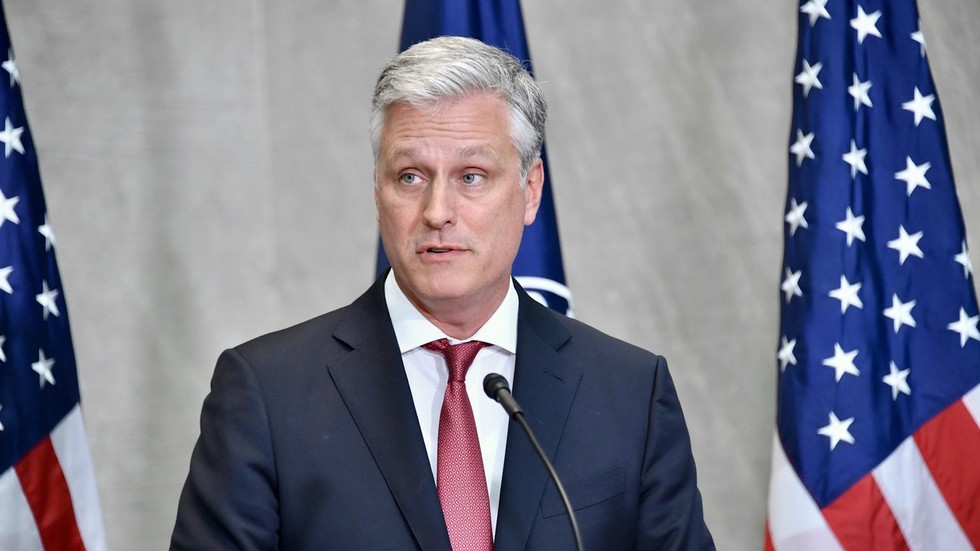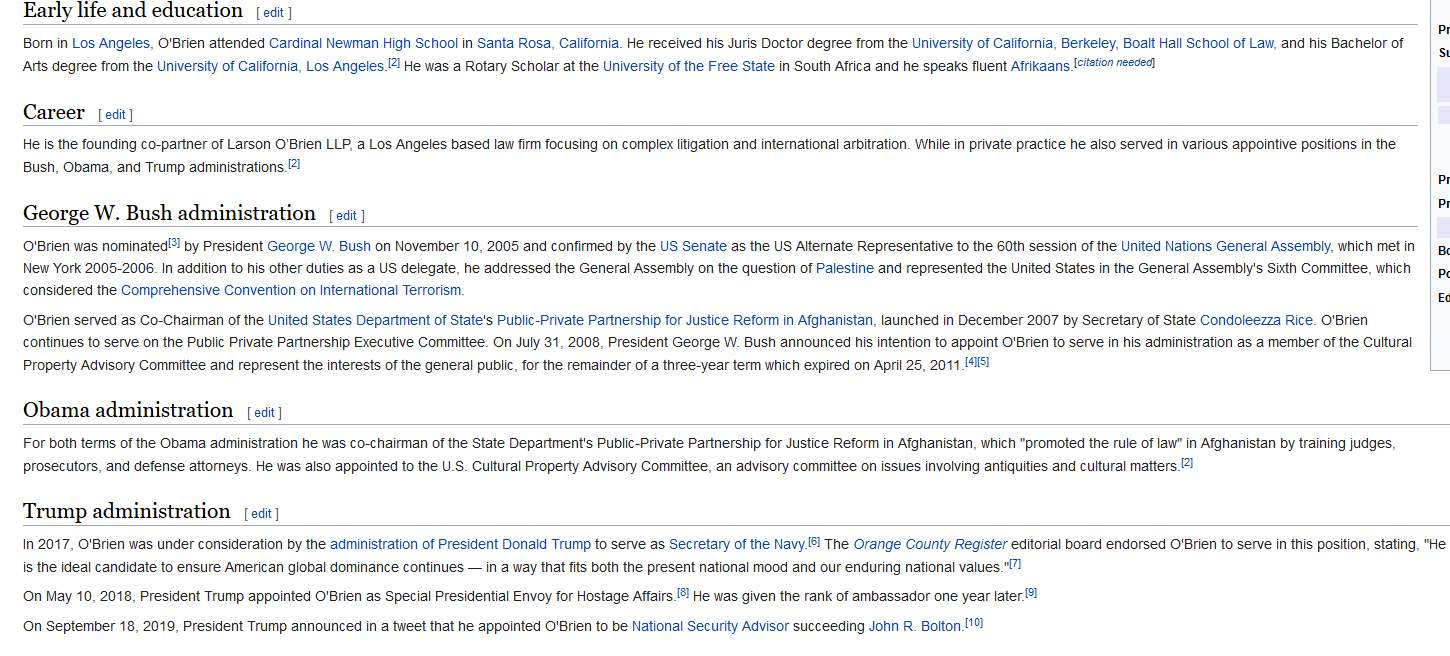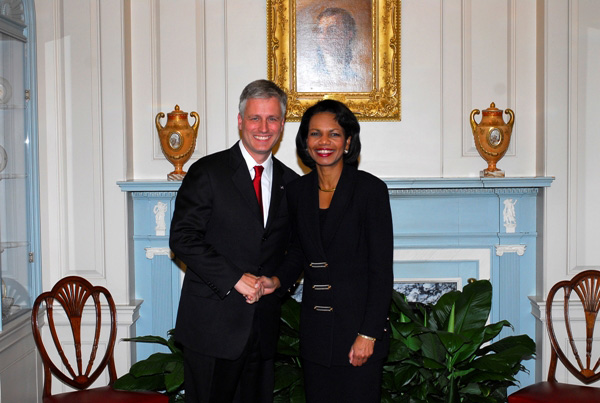Press review: Trump’s ‘Bolton-free’ policy plans and Moscow’s multilateral strategic model
Media: Trump’s policy prospects after clipping hawkish adviser’s wings
Donald Trump listens as his national security adviser John Bolton speaks at the White House.
US National Security Adviser John Bolton’s firing will make Washington’s policy even more "Trump-centric", but this is unlikely to result in any serious deterioration of the international climate. Ahead of launching his new presidential campaign, Donald Trump will prefer a more moderate policy than Bolton, a dyed-in-the-wool hawk, had advised him to pursue, experts told Vedomosti.
The dismissal of Bolton, Trump’s third national security adviser who got sacked over the past three years, came as a surprise that was welcomed by everyone. Bolton’s views on foreign policy and US global actions conflicted with those of the president. He had been vigorously trying to influence Trump’s foreign policy decisions and did not hesitate to argue with the president. The ex-White House adviser was a leading foreign policy hawk, who insisted on getting tougher with Iran and Russia and was opposed to easing tensions with North Korea, said Andrei Kortunov, Director General of the Russian International Affairs Council (RIAC). The last straw that had led to his firing was Bolton’s attempt to stave off a deal with the Taliban and the withdrawal of forces from Afghanistan. Now Trump will solve international issues himself and Bolton’s successor will be just a figurehead, expert in international relations Vladimir Frolov said.
Washington’s foreign policy could become even more impulsive, but will remain rather predictable, Frolov noted. Trump is set to continue his policy on curtailing US combat operations across the world and decreasing US involvement in global conflicts. Unlike Bolton, the president views diplomatic pressure as a means of achieving compromise rather than as a curtain-raiser for a military conflict, according to the expert. Now given a freer hand, the US president, who has called himself an expert dealmaker, is poised to strike "great deals" with authoritarian regimes. Meanwhile, he understands that foreign policy and military failures will be used against him in the 2020 presidential campaign.
Trump’s decision will affect Russian-US relations, which Bolton had overseen, the paper writes. Dmitry Trenin, Director of the Moscow Carnegie Center, wrote on his website that recent contacts between Bolton and Russian Security Council Nikolai Patrushev have been the only regular dialogue platform between the US and Russia at the highest level. These meetings did not result in any breakthroughs, but were still useful. Bolton’s dismissal may ease the talks on extending the New START (Strategic Arms Reduction Treaty) deal and personal contacts between Trump and Russian President Vladimir Putin.
For his part, Fyodor Lukyanov, Professor at the Higher School of Economics, told Rossiyskaya Gazeta that Bolton’s real passion was hatred for any deals on limiting and reducing nuclear weapons. His influence had accelerated the US pullout from the Anti-Ballistic Missile Treaty and the Intermediate-Range Nuclear Forces Treaty. So, Bolton’s departure raises the chances for extending the New START, which will expire in 2021. This won’t demand any great efforts and the two countries just need to make statements on keeping it for another five years, the expert said.
Kommersant: Russian experts lay out new notion dubbed ‘multilateral strategic stability’
Kommersant has obtained a new report on Russia’s relations with the United States and strategic stability, drawn up by leading Russian experts and rolled out at the Russian Foreign Ministry. The authors came to conclusions, which run counter to Moscow’s current foreign policy. They believe that Russia’s traditional strategic stability concept is outdated and branded the country’s highly valued mechanisms of limiting armaments as inefficient. This is reminiscent of a modern US approach to the problem, Kommersant says. The authors of the report are convinced that the situation in strategic stability is facing a deep crisis, which is rooted in a radical shift in the military and strategic landscape, making traditional mechanisms of limiting armaments ineffective and even senseless.
"The traditional understanding of strategic stability as a situation, characterizing Russian-US relations in the sphere of nuclear weapons, when neither party has any incentive to be the first to deliver a nuclear strike against the other party and which involves maintaining the approximate parity in strategic nuclear forces through bilateral systems of limiting nuclear weapons, is outdated," the report says. "Today the nature of strategic stability is multilateral - involving China and other nuclear states, while a non-nuclear conflict and its consequences can be compared with a nuclear one and there are higher chances than before that it may trigger the use of nuclear weapons."
Experts suggest coining a new term - "multilateral strategic stability": this implies that nuclear powers must prevent any military confrontation between each other - both deliberate and unintended - since any standoff could spark "a global nuclear war."
The authors of the report believe the collapse of bilateral Russian-US ties and even multilateral deals on limiting nuclear weapons should be viewed as a normal development amid a changing military and strategic context. "It’s not only impossible but probably counterproductive to apply traditional approaches to a new context and try to develop new deals on limiting weapons," they said.
Russia and US bear main responsibility for strategic stability in the world — Lavrov
MOSCOW, September 5, 2019 - Russia and the United States are responsible for global security more than other countries, Russian Foreign Minister Sergey Lavrov said in an interview with Izvestiya multimedia information center.
Lavrov said that after the US withdrew from the Intermediate-Range Nuclear Forces (INF) Treaty, the future of the New Strategic Arms Reduction Treaty (New START) is unclear and needs to be discussed in the context of strategic security. However, Washington's position on this issue is "uncertain" though Russia repeatedly suggested to start dialogue on extending the treaty for five years as envisaged by the document, he added.
"They say that the extension of this treaty is unlikely, then they state that it is impossible to do it considering new types of weapons, especially hypersonic weapons that Russian President Vladimir Putin talked about in his last year's address to the Federal Assembly. However, those who are familiar with the text of this treaty know that it does not include those types of weapons. If the US is interested in discussing aspects of strategic stability and arms control that supersede the treaty, they should have long ago responded to invitations that we sent out to resume dialogue on all aspects of strategic stability — offensive and defensive — on a regular basis," Lavrov said.
"This is a very important balance that was reflected in the New START and that was seriously undermined when the US withdrew from the treaty on missile defense. In other words, we can discuss many things v that's what makes it a dialogue on strategic stability, that we can raise any issues that present a threat to strategic stability itself, for which the US and Russia bear main responsibility in the world," he concluded.
Improving bilateral relations
Moscow has repeatedly offered Washington to improve bilateral relations in the spheres of strategic stability and economy, Lavrov said.
"Of course, our relations with the US are undermined. Unfortunately, this process continues. We are not begging to be friends. However, our proposals on how to improve bilateral relations have been repeatedly extended to our American colleagues, including during the meetings between the presidents and at my meetings with US Secretary of State Michael Pompeo, as well as with US National Security Advisor John Bolton," Lavrov said. "Those proposals concern spheres of strategic stability, as well as economic, trade and investment cooperation, and cooperation between political analysts and civil society experts on issues that are important for bilateral relations between Moscow and Washington," he added.
Russia and the US have "many common interests in the world, as well as many common responsibilities," Lavrov noted. He stressed that developing relations in trade, economy, culture and humanitarian sphere would benefit both countries.
"Unfortunately, despite intentions to normalize relations with Russia that have been confirmed many times by US President Donald Trump and other key officials, nothing positive is hapenning at the practical level. The 'downward' trend continues," the foreign minister said. "Our American colleagues continue to impose unilateral sanctions, without even trying to justify this. It contradicts the attitude that the US president projects," he noted.
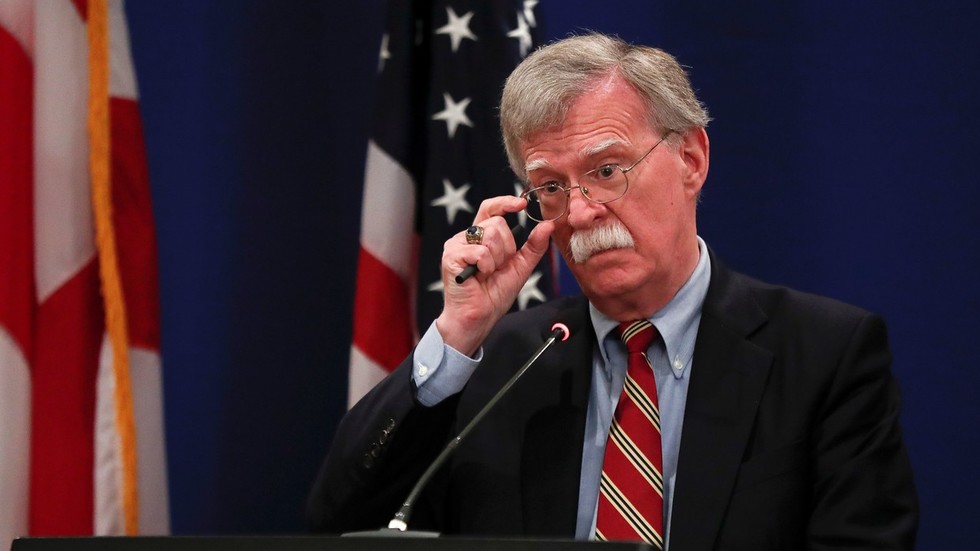
 www.rt.com
www.rt.com



 The Boston police arrested Antifa disrupters! A first for law enforcement, not like Portland Oregon where they have free reign. Maybe more sanity on the east coast then the west except for New York City that is.
The Boston police arrested Antifa disrupters! A first for law enforcement, not like Portland Oregon where they have free reign. Maybe more sanity on the east coast then the west except for New York City that is.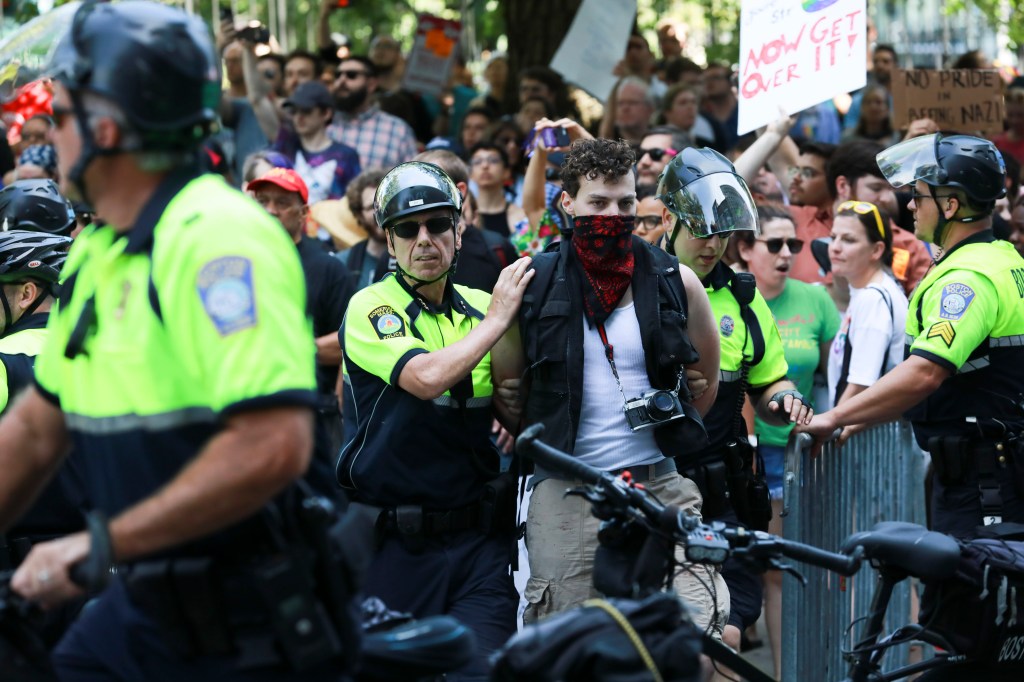
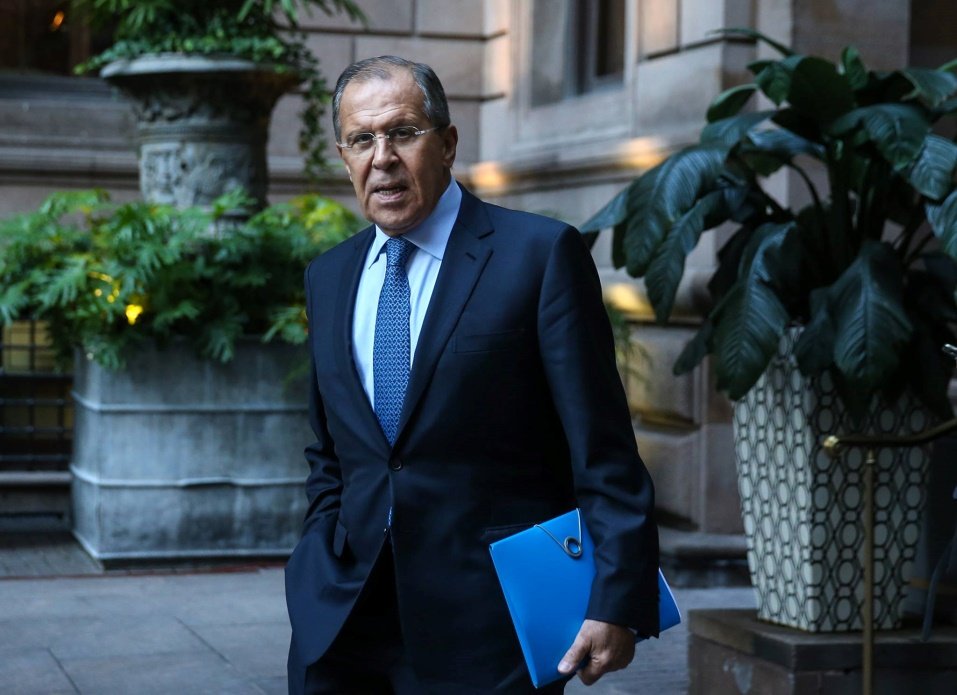



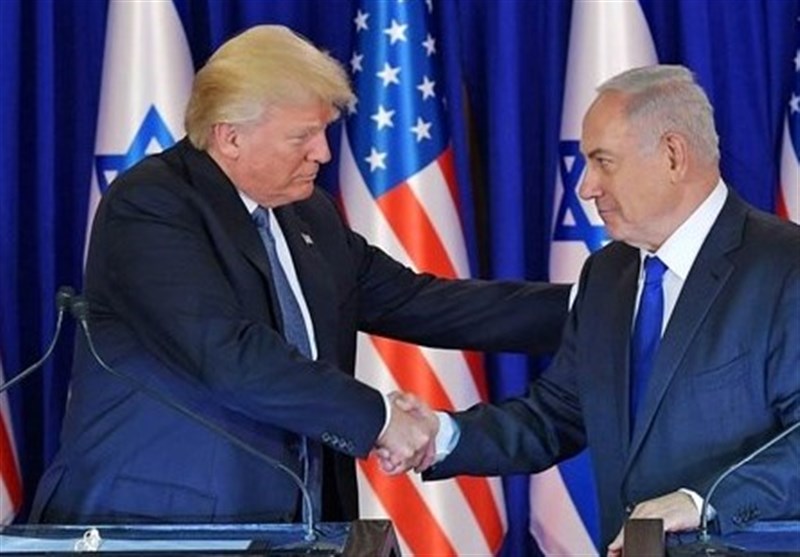

![Mohammad Badi (L), head of the Muslim Brotherhood Guidance Council, Muhammed el-Biltaci (R), one of the Muslim Brotherhood Leaders, and Muslim Brotherhood member Essam Al-Aryan (C) are seen inside the defendants' cage during the trial known as ''Bahr Al-Azam'' case, in Cairo, Egypt on 24 November 2016. [Moustafa Elshemy - Anadolu Agency] Mohammad Badi (L), head of the Muslim Brotherhood Guidance Council, Muhammed el-Biltaci (R), one of the Muslim Brotherhood Leaders, and Muslim Brotherhood member Essam Al-Aryan (C) are seen inside the defendants' cage during the trial known as ''Bahr Al-Azam'' case, in Cairo, Egypt on 24 November 2016. [Moustafa Elshemy - Anadolu Agency]](/forum/proxy.php?image=https%3A%2F%2Fi0.wp.com%2Fwww.middleeastmonitor.com%2Fwp-content%2Fuploads%2F2016%2F11%2FMohammad_Badie_L_Mohammed_Beltagi_R_Essam_Al-Aryan_C-e1480541222545.jpg%3Fresize%3D1200%252C800%26quality%3D75%26strip%3Dall%26ssl%3D1&hash=eaaa67e71872fd6fd4789c1e0f09d3dd)

